

Mindfulness in This Moment
Perspectives on What’s Arising in Mindfulness Today
Speakers series of brief, free, talks.
Hear from scientists, practitioners and teachers about emerging and timeless ideas in mindfulness. Learn about current research, explore mindfulness ideas and teachings, and have an opportunity to practice together.
Upcoming Speakers
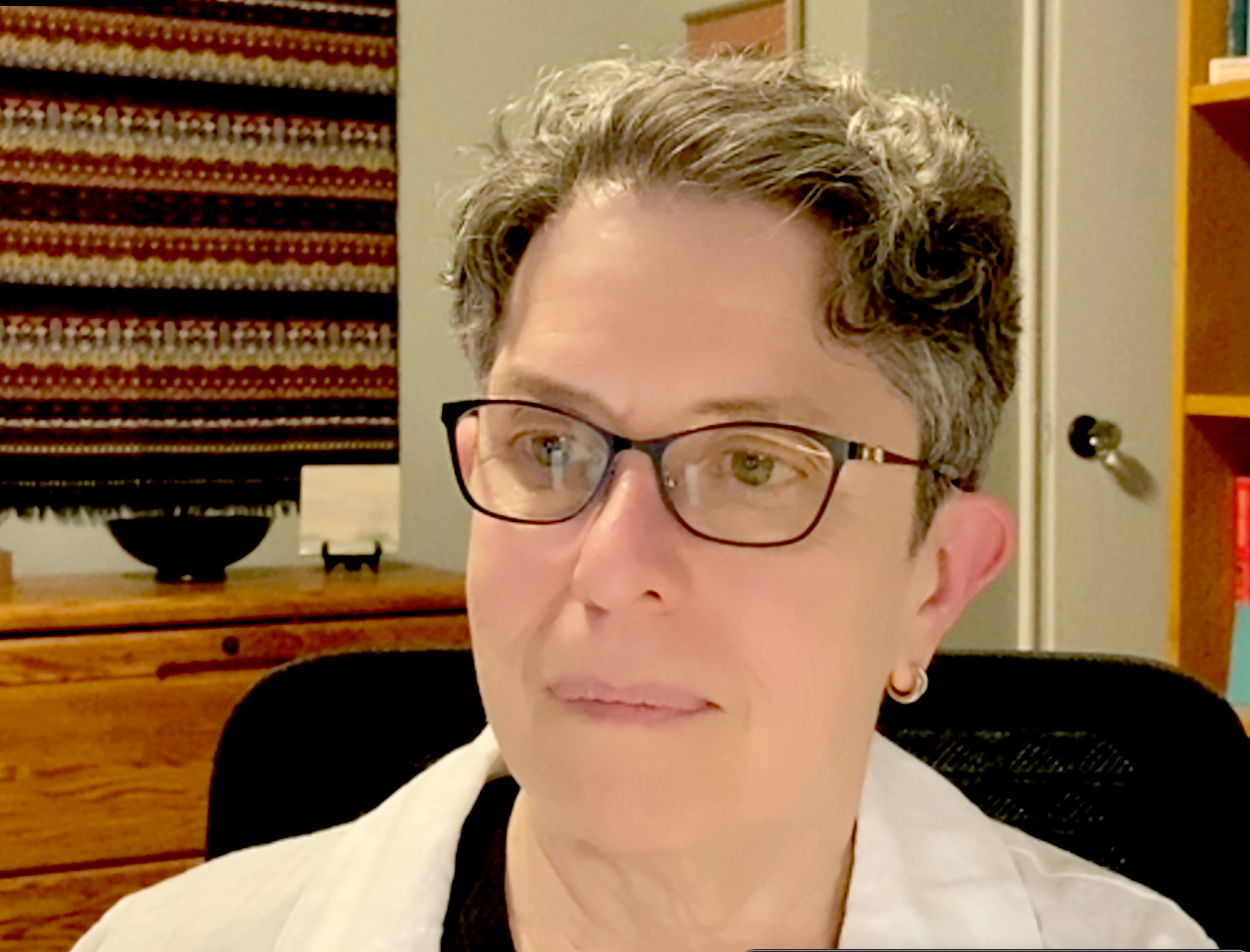
“Mindfulness In Relationships: Let’s Get Real.”
With Elaine Retholtz MS, L.Ac.
March 7, 2024
6:30-7:00 PM, Eastern US
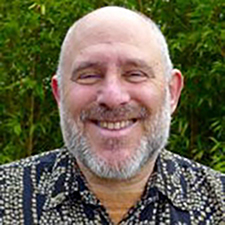
“Why Retreat? Insight into Practice and Teaching.”
With Bob Stahl
March 11, 2024
4:00-4:30 PM, Eastern US
Past Speakers
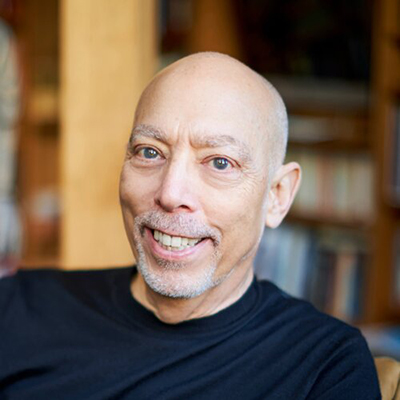
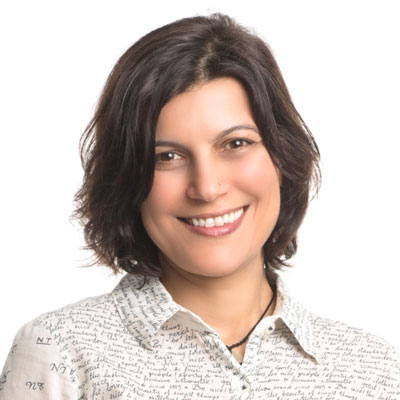
“How a 3 Minute Practice can Change your Day”
With Victoria Fontana, MSc, MA, PCC
February 15, 2024
6:00-6:30 PM, Eastern US
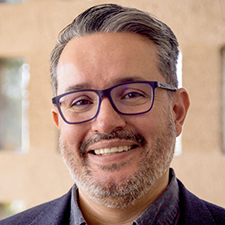
“Mindfulness Mediation: 10 Minutes a Day is Enough!”
With Eric López Maya, Ph.D
January 17, 2024
6:00-6:30 PM, Eastern US
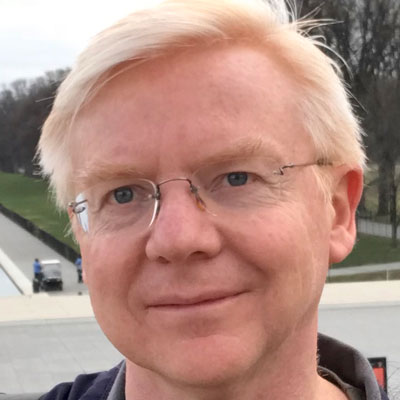
“Managing Relationships with Difficult People”
With Andy Lee
January 3, 2024
6:00-6:30 PM, Eastern US

“Holiday Anxiety: Navigating with Mindfulness”
With Victoria Fontana
December 19, 2023
6:00-6:30 PM, Eastern US

“Befriending Your Inner Critic: Mindful Self-Compassion”
With Jorge Armesto
December 15, 2023
12:00-12:30 PM, Eastern US
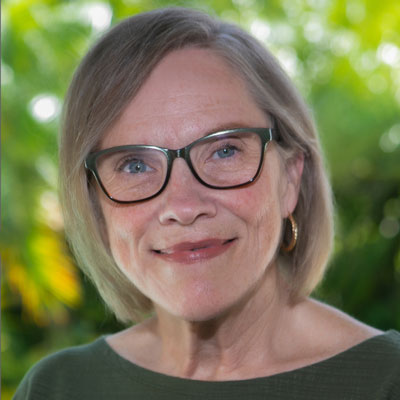
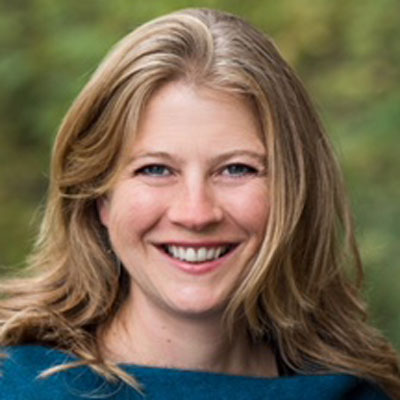
Mindfulness in the Moment Inaugural Event
September 3, 2022, 9:00 AM to 12:00 PM (Eastern)


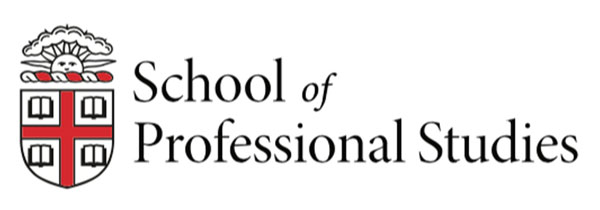

Eric B. Loucks, PhD, Director, Mindfulness Center at Brown
Eric B. Loucks, PhD, is a professor, researcher, and pioneer in the study of mindfulness and health. As director of the Mindfulness Center at Brown University, Loucks teaches mindfulness-based programs and leads high-quality, methodologically rigorous research to investigate the science behind mindfulness and its impact on health and well-being. An expert in aging-related research, he optimizes mindfulness programs to specific age groups.
MORE
He is the lead developer of Mindfulness-Based College (MBC) and Mindfulness-Based Blood Pressure Reduction (MB-BP), and has received numerous research grants from the National Institutes of Health to evaluate the effectiveness of mindfulness-based interventions, including MBC, MB-BP, and Mindfulness-Based Stress Reduction (MBSR). Dr. Loucks’ book entitled The Mindful College Student (New Harbinger Publications) was released in April 2022. Over the course of his career, he has held teaching positions at Harvard, McGill, and Brown Universities. Loucks has practiced mindfulness for about 25 years..
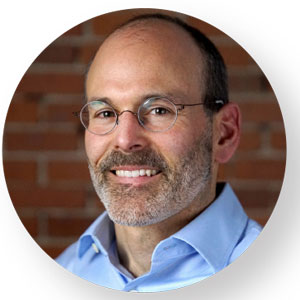
Judson Brewer, MD, PHD, Mindfulness Center at Brown
Jud Brewer MD PhD is the Director of Research and Innovation at the Mindfulness Center and associate professor in Behavioral and Social Sciences at the School of Public Health and Psychiatry at the Medical School at Brown University. He also is a research affiliate at MIT. He is a psychiatrist and internationally known expert in mindfulness training for addictions.
MORE
Brewer has developed and tested novel mindfulness programs for behavior change, including both in-person and app-based treatments for smoking, emotional eating, and anxiety. He has also studied the underlying neural mechanisms of mindfulness using standard and real-time fMRI, and source-estimated EEG, and is currently translating these findings into clinical use (see www.drjud.com for more information). He has published numerous peer-reviewed articles and book chapters, presented to the US President’s Office of National Drug Control Policy, foreign Parliaments, trained US Olympic athletes and coaches, and foreign government ministers and has been featured on 60 minutes, at TED (4th most viewed talk of 2016 with over 17 Million views), in the New York Times, Time magazine (top 100 new health discoveries of 2013), Forbes, Businessweek, NPR, National Geographic, and the BBC among others. He is the author of The Craving Mind: from cigarettes to smartphones to love, why we get hooked and how we can break bad habits (New Haven: Yale University Press, 2017) and the New York Times best-seller, Unwinding Anxiety: New Science Shows How to Break the Cycles of Worry and Fear to Heal Your Mind (Avery/Penguin Random House, 2021). Follow him on twitter @judbrewer.

Sharon Salzberg, Teacher, Author
Born in New York City in 1952, Sharon Salzberg experienced a childhood involving considerable loss and turmoil. An early realization of the power of meditation to overcome personal suffering determined her life direction. Her teaching and writing now communicates that power to a worldwide audience of practitioners.
MORE
She offers non-sectarian retreat and study opportunities for participants from widely diverse backgrounds. Sharon first encountered Buddhism in 1969, in an Asian philosophy course at the State University of New York, Buffalo. The course sparked an interest that, in 1970, took her to India, for an independent study program. Sharon traveled motivated by “an intuition that the methods of meditation would bring me some clarity and peace.” In 1971, in Bodh Gaya, India, Sharon attended her first intensive meditation course. She spent the next years engaged in intensive study with highly respected meditation teachers. She returned to America in 1974 and began teaching vipassana (insight) meditation.

In 1976, she established, together with Joseph Goldstein and Jack Kornfield, the Insight Meditation Society (IMS) in Barre, Massachusetts, which now ranks as one of the most prominent and active meditation centers in the Western world. Sharon and Joseph Goldstein expanded their vision in 1989 by co-founding the Barre Center for Buddhist Studies (BCBS). In 1998, they initiated the Forest Refuge, a long-term retreat center secluded in a wooded area on IMS property. Today she leads teaches a variety of offerings around the globe. Sharon resides in Barre, Massachusetts, and New York City. Sharon has also emerged as a featured speaker and teacher at a wide variety of events. She served as a panelist with the Dalai Lama and leading scientists at the 2005 Mind and Life Investigating the Mind Conference in Washington, DC. She also coordinated the meditation faculty for the 2005 Mind and Life Summer Institute, an intensive five-day meeting to advance research on the intersection of meditation and the cognitive and behavioral sciences.

At the 2005 Sacred Circles Conference at the Washington National Cathedral, Sharon served as a keynote speaker. She has addressed audiences at the State of the World Forum, the Peacemakers Conference (sharing a plenary panel with Nobel Laureates His Holiness the Dalai Lama and Jose Ramos Horta) and has delivered keynotes at Tricycle’s Buddhism in America Conference, as well as Yoga Journal, Kripalu and Omega conferences. She was selected to attend the Gethsemani encounter, a dialogue on spiritual life between Buddhist and Christian leaders that included His Holiness the Dalai Lama. The written word is central to Sharon Salzberg’s teaching and studies. She is the author of eleven books including Lovingkindness, the NY Times best seller Real Happiness, and her 2017 work, Real Love: The Art of Mindful Connectionand her newest book, Real Change: Mindfulness To Heal Ourselves and the World, coming in September of 2020 from Flatiron Books. In her early Buddhist studies at the University of Buffalo, she discovered Chogyam Trungpa Rinpoche’s book, Meditation in Action. She later heard him speak at a nearby school: he was the first practicing Buddhist she encountered. While studying in India, Shunryu Suzuki’s book Zen Mind, Beginner’s Mind profoundly influenced the direction of her meditation practice.

Sharon’s writing can be found on Medium, On Being, the Maria Shriver blog, and Huffington Post and she was a contributing editor of Oprah’s O Magazine for several years. She has appeared in Time Magazine, Yoga Journal, msnbc.com, Tricycle, Real Simple, Body & Soul, Mirabella, Good Housekeeping, Self, Buddhadharma, More and Shambhala Sun, as well as on a variety of radio programs. Various anthologies on spirituality have featured Sharon Salzberg and her work, including Meetings with Remarkable Women, Gifts of the Spirit, A Complete Guide to Buddhist America, Handbook of the Heart, The Best Guide to Meditation, From the Ashes—A Spiritual Response to the Attack on America, and How to Stop the Next War Now: Effective Responses to Violence and Terrorism. Sharon is the host of her own podcast, The Metta Hour, featuring 100+ interviews with the top leaders and voices in the meditation and mindfulness movement.
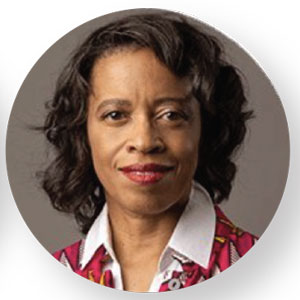
Rhonda Mcgee, MA, JD, Author, Professor of Law, University of San Francisco
Rhonda V. Magee (M.A. Sociology, J.D.) is a Professor of Law at the University of San Francisco and an internationally-recognized thought and practice leader focused on integrating mindfulness into higher education, law and social change work. A prolific author, she draws on law and legal history to weave storytelling, poetry, analysis and practices into inspiration for changing how we think, act and live better together in a rapidly changing world.
MORE
Born in North Carolina in 1967, Rhonda experienced a childhood of significant trauma and challenge. Yet, she was gifted with the insight that through a life of caring engagement, self-development, and service with others, she could find a way up and out. She has dedicated her life to healing and teaching in ways that support others in a journey to wholeness and justice. A student of a variety of Buddhist and other wisdom teachers, including Norman Fischer, Joan Halifax and Jon Kabat Zinn, she trained as a mindfulness teacher through the Oasis Teacher Training Institute of the University of Massachusetts Center for Mindfulness. She teaches mindfulness-based interventions, awareness, and compassion practices from a range of traditions. A former President of the board of the Center for Contemplative Mind in Society, Professor Magee is a Fellow of the Mind and Life Institute, where she recently completed a two-year term on its steering council. She is a member of the board of advisors of the University of Massachusetts Center for Mindfulness and the board of directors for the Search Inside Yourself Leadership Institute.
A professor of Law for twenty years (tenured since 2004), Rhonda teaches courses dealing civil actions for personal injury and insurance recovery; courses dealing with race and inequality; and a course she co-created on mindfulness and lawyering, Rhonda is experienced in interpersonal dynamics-informed small group facilitation (supported by training, retreats, and practice through a variety of programs, including Stanford University’s Interpersonal Dynamics Facilitator Program and Gregory Kramer’s Insight Dialogue). Rhonda’s teaching and writing support compassionate conflict engagement and management; holistic problem-solving to alleviate the suffering of the vulnerable and injured; presence-based leadership in a diverse world, and humanizing approaches to education. She sees embodied mindfulness meditation and the allied disciplines of study and community engagement as keys to personal, interpersonal, and collective transformation in the face of the challenges and opportunities of our time.
Rhonda has served as a guest teacher in a variety of mindfulness teacher training programs, including those sponsored by the Mindfulness Awareness Research Center (2017, 2018), led by Diana Winston, the Engaged Mindfulness Institute, led by Fleet Maull (2017, 2018), and the Center for Mindfulness (2017), led by Saki Santorelli and Judson Brewer. She serves as daylong or retreat co-leader and solo teacher at centers including Spirit Rock Meditation Center, the Garrison Institute, the Shambhala Mountain Center, the Omega Institute, Esalen and New York Insight Meditation Center.
Rhonda is the author of numerous articles and book chapters on mindfulness in legal education, and on teaching about race using mindfulness, including “Educating Lawyers to Meditate?” 79 UMKC L. Rev. 535 (2011), “The Way of ColorInsight: Understanding Race and Law Effectively Using Mindfulness-Based ColorInsight Practices”, 8 Georgetown J. of Mod. Crit. Race Perspectives 251 (2016), “Teaching Mindfulness with Mindfulness of Diversity,” in McCown et al, Resources for Teaching Mindfulness: An International Handbook (Springer, 2017), and “Community Engaged Mindfulness and Social Justice: An Inquiry and Call to Action”, in Purser et al., Handbook of Mindfulness: Culture, Context and Social Engagement (2017).
Her first book, The Inner Work of Racial Justice: Healing Ourselves and Transforming Our Communities Through Mindfulness, was published in September 2019 by TarcherPerigee, a member of the Penguin Random House Group, with paperback issued in September 2021. Order your copy now.

Jeffrey Proulx, PhD, Researcher, Indigenous Mindfulness
Dr. Proulx’s work focuses on the development of mindfulness programs in underserved communities and how these programs may be protective for health in those communities.
His efforts bridge Native American and African-American traditional contemplative and healing practices and mainstream mindfulness practices and how mindfulness affects resilience and well-being across a person’s developmental trajectory.
MORE
Dr. Proulx’s work includes studying changes in physiological markers, such as cortisol or blood sugar levels, their relationship to stress and how responses to stress earlier in life may affect health later in life.
Stress in minority communities is also influenced by historical and cultural traumas and his work is designed to address the loss of culture and traditions by relying on community input to assimilate community strengths and traditions that are already “mindful” into the mindfulness intervention. The goals of these interventions reflect the distinct cultures of the people he works with and affect health disparities in conditions such as diabetes and dementia.
Dr. Proulx is recognized as a developmental health psychologist and his work integrates other disciplines including public health, medicine, molecular biology, and lifecourse sociology.
